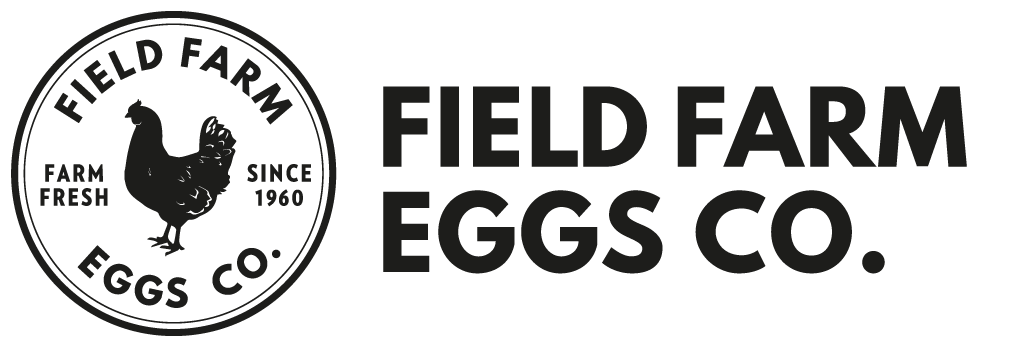The quality of an egg reflects the care your hens receive, getting great looking and tasty eggs takes a lot of effort—and not just on the chicken’s part!
When will my hens start laying?
This varies with breeds but typically most hens begin laying when they reach around 20 weeks. The first eggs a young hen will lay can appear small, misshapen or have small spots of blood present on the shell, at this point you should switch your hen onto a calcium rich “layer feed” to encourage regular eggshell production. Naturally hens will lay one egg per day but will occasionally skip a day due to the egg production cycle.
Do hens need a rooster to lay eggs?
No, hens can produce eggs with or without a male present. If you keep your hens with a rooster you may find you will have fertilised eggs and this could result in chicks and a bigger brood if the eggs are left to incubate.
Here's a few more things that can affect egg production...
Sensitivity to light can affect the regularity of egg production.
Nutrient deficiencies will affect egg quality - feed needs to be suited to the type of bird as well as the hens age.
Use scratch grains to encourage the natural behaviour but don’t overfeed as hens will lose their appetite for more nutritious foods.
Have a large feeder so all hens can eat at the same time, this prevents some chickens not getting enough nutrients.
Don’t store feed for more than two months as it is susceptible to mould.
Calcium is a vital part of a laying hens diet, however, with growing hens too much of the nutrient can cause kidney damage.
Finally, you should collect eggs daily and refrigerate them immediately.

